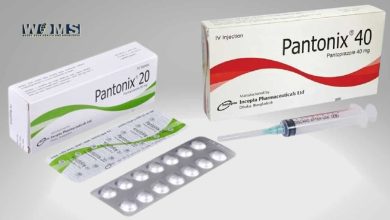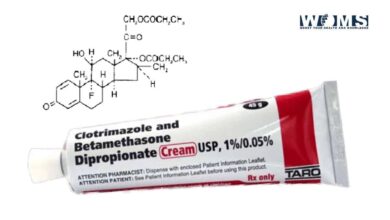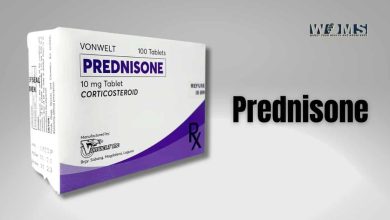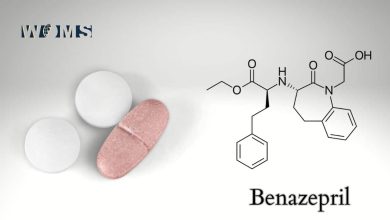How Did Boston’s Opioid Problem Get So Bad?

The national opioid crisis, by many accounts, is twice as bad in Boston. The past few years have seen a precipitous rise in opioid-related overdoses and deaths. Drug rehabs in Boston have also faced ever-increasing numbers of opioid-related admissions since the late 2000s, a trend that has not let up into the present day.
Since 2011, opioid overdoses in Boston have almost doubled, and are set to triple with the knock-on effects of the coronavirus pandemic creating more relapses. About 9 in 10 of all drug-related deaths in Boston are related to opioids as well, making them the most dangerous category of drugs in the area by far.
One thing that makes opioid drugs like heroin and fentanyl so dangerous is that relatively low doses can easily lead to a substance use disorder. According to Johns Hopkins Medicine, even the first dose of fentanyl or heroin can leave someone psychologically hooked.
Why are opioids so addictive?
Opioid misuse has long been a significant public health issue. The demand for opioids has even significantly changed the course of world history and international relations in ways that we still experience every day.
Opioid drugs have a number of qualities that make them a far greater health risk than comparable drugs such as alcohol, cannabis, and cocaine.
Here are just a few of the reasons why so many people are hooked on opioids:
1. They’re highly effective at pain control
Opioids are the most effective painkilling drugs known to modern medicine. While there is research into alternatives to opioids, as of yet, there are no known non-opioid painkillers that can provide a similar level of pain relief.
Indeed, many people with opioid use disorders started on prescription pain medications, initially finding them to be a godsend simply because of how effective they are. The current opioid crisis has been partly attributed to physicians becoming more liberal in their prescription of opioids in the 2000s and 2010, which increased the opportunities for misuse dramatically.
2. They can deliver a strong euphoric effect
People who use drugs recreationally may turn to opioids in an effort to find a better, more powerful high. By most accounts, opioids deliver some of the most intense feelings of euphoria of any readily available drug. This can lead recreational users to misuse opioids repeatedly to get the desired result.
3. Our bodies may have evolved to use opioids
Similar to those of most vertebrates, the human body has opioid receptors that are perfectly suited for processing chemicals commonly found in opioid drugs. While the reason we’ve evolved an opioid receptor system remains unclear, the fact we do have one partly explains why humans are so susceptible to opioid use disorders.
4. They can deliver peace of mind almost immediately
Most substance use disorder cases correlate with preexisting mental disorders, including depression, anxiety, PTSD, and many others. Opioids are not only remarkable in how they suppress physical pain but emotional distress as well. Most opioid drugs can act almost immediately to give the user a sense of peace that can be impossible to achieve otherwise. This can easily lead to compulsive drug taking, especially if the individual’s preexisting psychiatric conditions are not treated.
5. They are highly accessible
In Boston, as with the rest of the United States, there has been a growing concern about the widespread availability of legal prescription opioids. The accessibility of these drugs has, in turn, driving up the demand and supply of dangerous illegal opioids, including adulterated fentanyl and black tar heroin. Despite the efforts of health and law enforcement authorities, both legal and illicit opioids are highly accessible to most people in the Greater Boston Area.
Why do Bostonians have easy access to opioids?
One major factor in developing a severe substance use disorder is how accessible a drug is to an individual. While possible, it’s highly unlikely a person will develop an opioid use disorder from using a single dose of opioids. However, if they can access these drugs repeatedly, the potential for repeated misuse can be quite high.
Unfortunately, the Greater Boston Area is home to a number of well-established transnational criminal organizations that can meet the demand for illicit opioids. In other parts of the United States, illicit opioid distributors do not operate with the same efficiency as those in New England. As a result, while illicit opioids could be found virtually anywhere in the country, Bostonians are far likelier to have access to a regular supply of these drugs.
Conclusion
The extremely addictive nature of opioids, the liberal way legal opioid-based painkillers have been prescribed, and the presence of deep-rooted criminal enterprises that allow Bostonians free access to these drugs has proven to be a particularly deadly combination.




